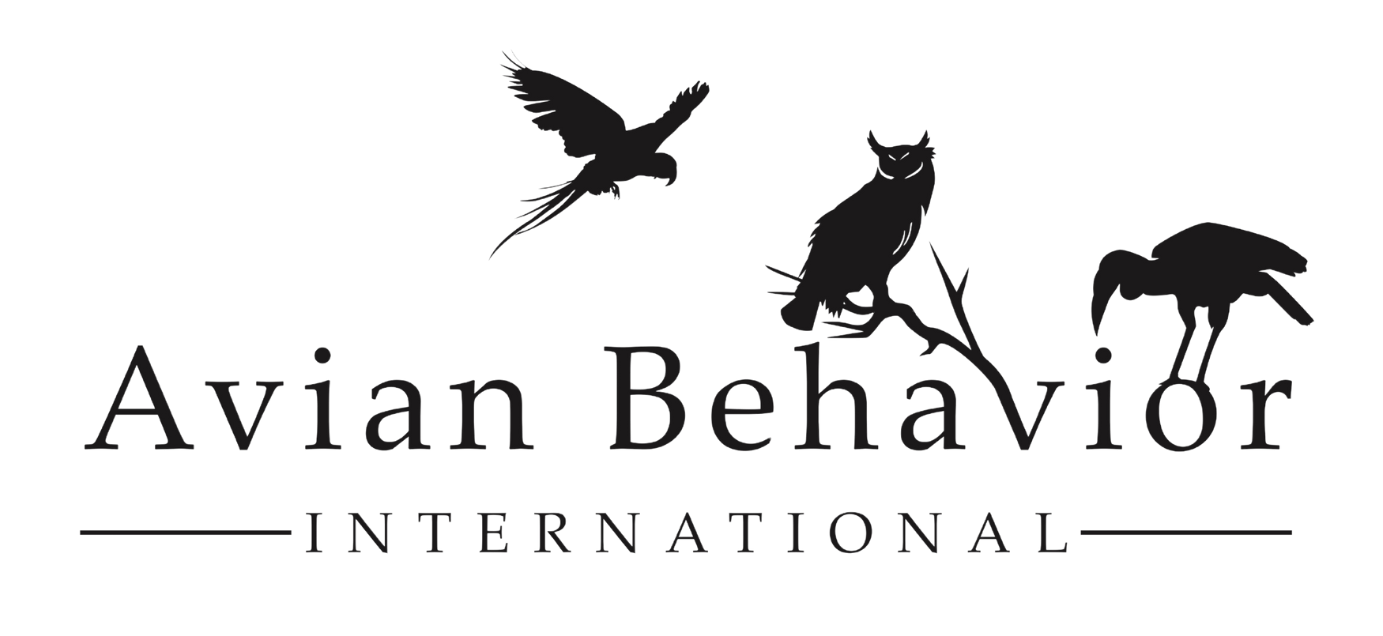19 Dec 66 Dr. Lucy Kemp on Lead Poisoning in Ground Hornbills
Lead poisoning is a really big deal for wildlife, and Southern Ground Hornbills appear to be particularly sensitive to lead levels in the blood. In August, Avian Behavior International visited the Mabula Ground Hornbill Project in South Africa to identify some key behavior objectives to enhance the reintroduction strategy for the Southern ground hornbill. This bird has one complicated life strategy, punctuated by a long life and intricate social structure.
If you are interested in how ethology impacts your work with conservation ambassadors, check out the Avian Behavior Lab, where we discuss the science of behavior and how it impacts our reinforcement strategies. Use the code AVIAN for a free 14 day trial.
Notes and references for the just a small portion of Dr. Kemp’s extensive hornbill work that also went into Hillary’s report are right here:
Danel, S., Rebout, N. & Kemp, L. Social diffusion of new foraging techniques in the Southern ground-hornbill (Bucorvus leadbeateri). Learn Behav 51, 153–165 (2023). https://doi.org/10.3758/s13420-022-00518-4
Kemp, L., Kotze, A., Jansen, R., Dalton, D., Grobler, P., & Little R. (2020). Review of trial reintroductions of the long-lived, cooperative breeding Southern Ground-hornbill. Bird Conservation International, 30(4), 533-558. doi:10.1017/S0959270920000131
Kemp, L. & Alexander, J. Lessons learnt from the reintroduction of long-lived, cooperatively breeding southern ground-hornbills in South Africa.

